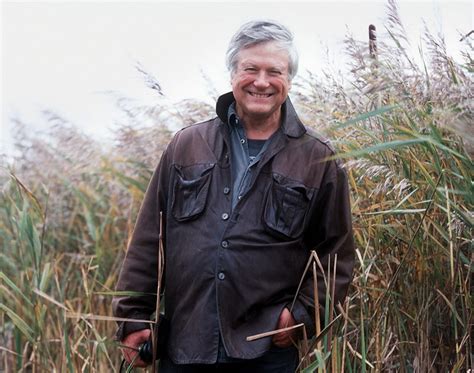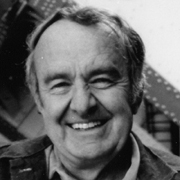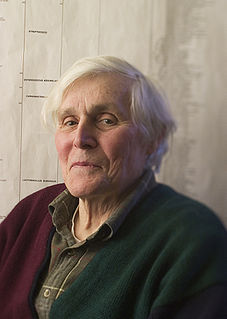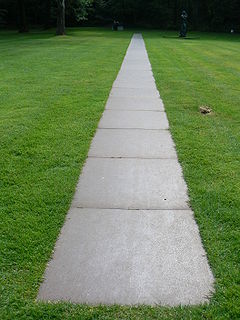A Quote by Kevin Kelly
Each organism's environment, for the most part, consists of other organisms.
Related Quotes
For the fact is that organisms are creative and make their environments in such a way as to become virtually part of it themselves. But at the same time environments (nature and other people) are active in the making of organisms. In many respects each one of these elements, organism and environment, form part of one another.
If someone was to introduce hope and idealism into our political system, I think the tension that would create in other areas would certainly be ripe. You would think that if you bring oxygen to the organism, the organism lives. But there may be other organisms in there that thrive in darkness and in a more anaerobic environment. Watching those creatures writhe will always be interesting.
The world is too complicated in all parts and interconnections to be due to chance alone. I am convinced that the existence of life with all its order in each of its organisms is simply too well put together. Each part of a living thing depends on all its other parts to function. How does each part know? How is each part specified at conception? The more one learns of biochemistry the more unbelievable it becomes unless there is some type of organizing principle-an architect.
I have been trying to think of the earth as a kind of organism, but it is no go. I cannot think of it this way. It is too big, too complex, with too many working parts lacking visible connections. The other night, driving through a hilly, wooded part of southern New England, I wondered about this. If not like an organism, what is it like, what is it most like? Then, satisfactorily for that moment, it came to me: it is most like a single cell


































